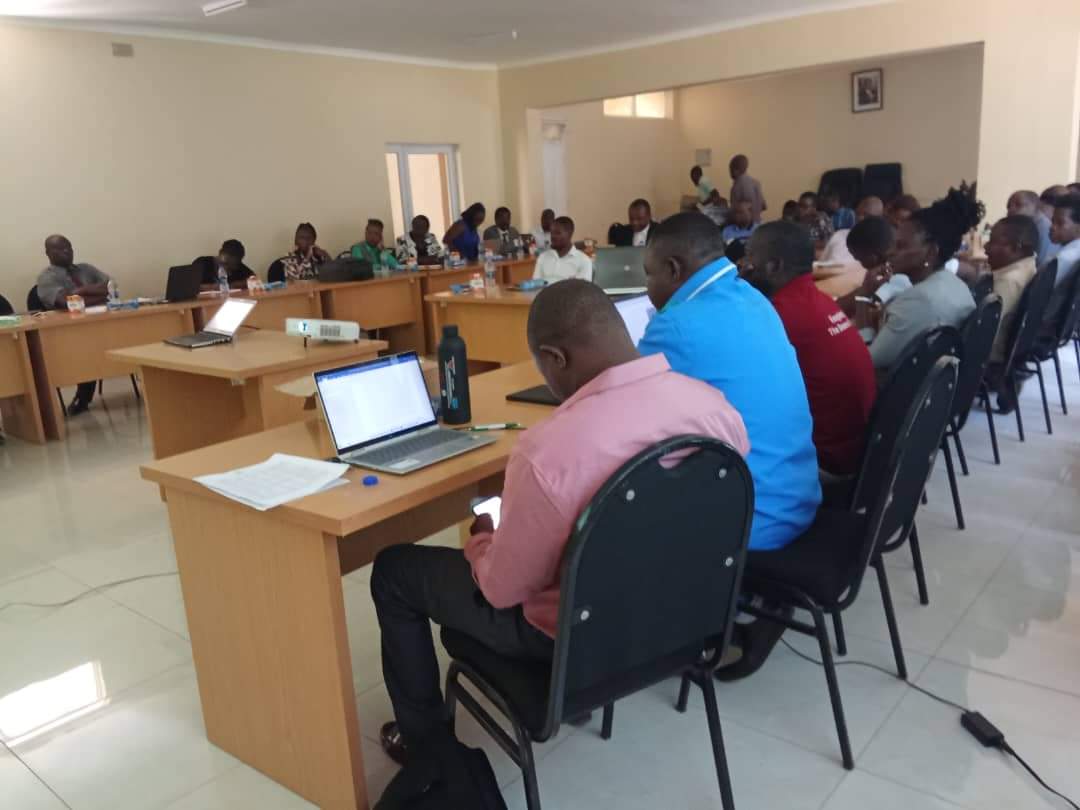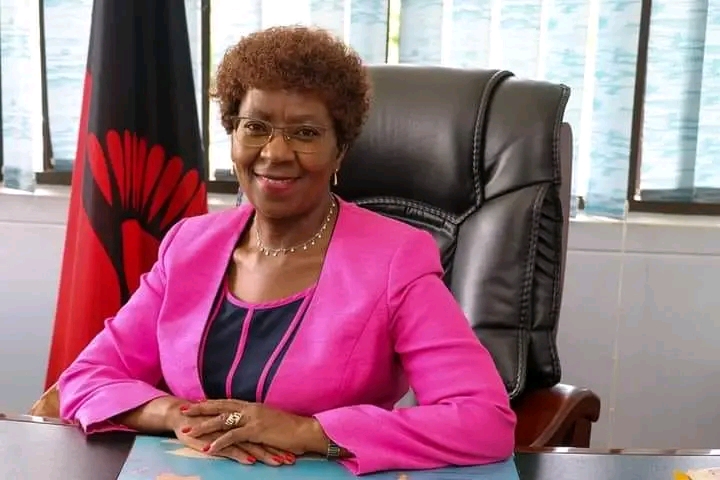Director of Public Prosecutions (DPP) Steven Kayuni and Anti-Corruption Bureau (ACB) director general Martha Chizuma have emerged as two top public officers to face action in recommendations by a commission of inquiry into Chizuma’s arrest.
But the inquiry, which was chaired by retired Justice of Appeal Edward Twea failed to pin down “critical members of the executive” who it said evidence showed were aware of Chizuma’s arrest on December 6 2022 before Parliament began proceedings for the day. It recommended that “government side should be proactive and take control in times of crisis”.
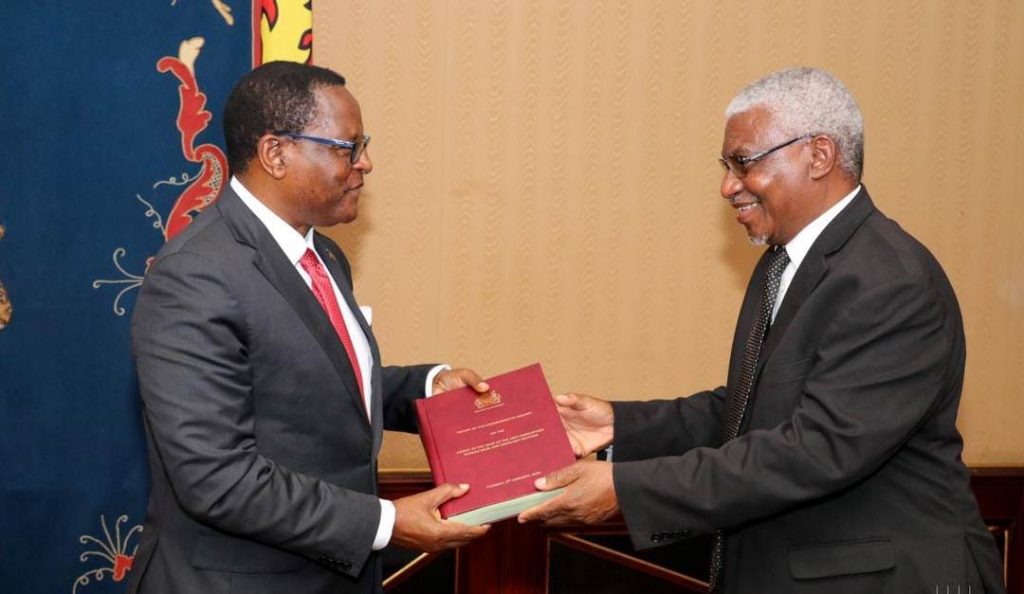
In its report presented on Tuesday to President Lazarus Chakwera at Kamuzu Palace in Lilongwe, the commission said action should be taken against Chizuma for her conduct on leaked audio where she discussed details of an investigation with a third party.
Ironically, the audio went viral in January 2022 and the President publicly reprimanded Chizuma for her conduct, but pardoned her with a caution not to do it again.
On Kayuni, the commission also recommended that action be taken against him as his criminal libel complaint to police lodged on December 3 2022 caused Chizuma’s arrest on December 6 2022.
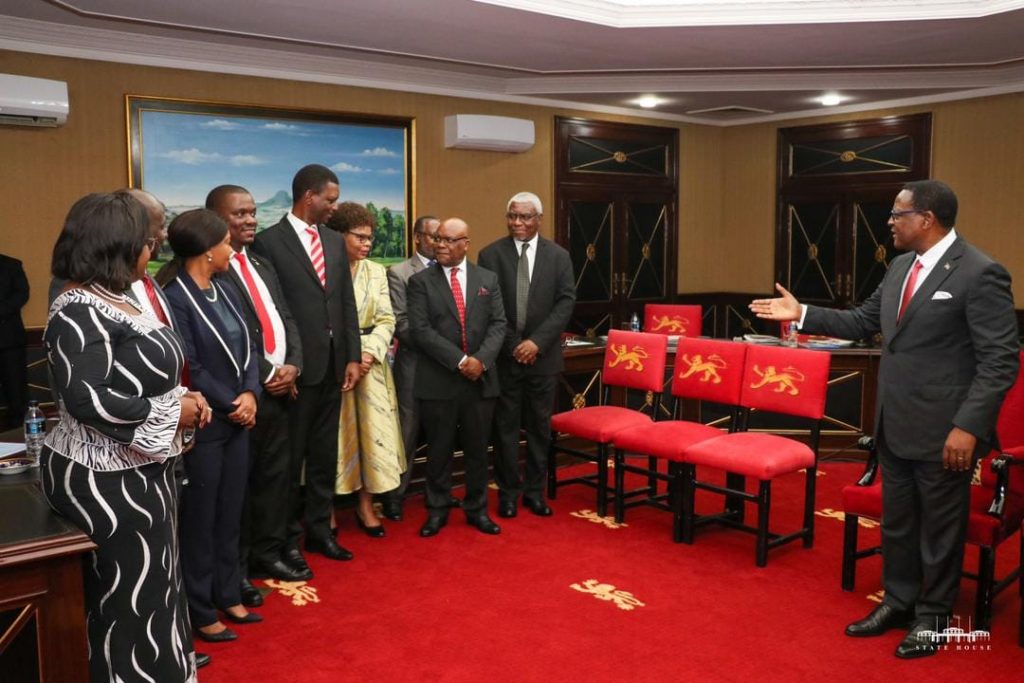
The commission said it has identified the third party Chizuma was talking to as Anderson Mwakyelu.
In the report, the commission said it found that there were reasonable grounds to suspect that Chizuma committed offences and that she demonstrated “lack of sound judgement” in the leaked audio.
Reads the report in part: “The commission recommends that the issue of leakage should be dealt with separately as a disciplinary issue instead of compromising the integrity of the Malawi Police Service as an institution of records.”
Further, the commission stated that evidence before it showed “serious issues of mistrust” among different offices that are mandated to fight corruption.
The commission said Chizuma alluded to receiving pressure against prosecution of some corruption cases and lack of cooperation from offices that are supposed to support her office.
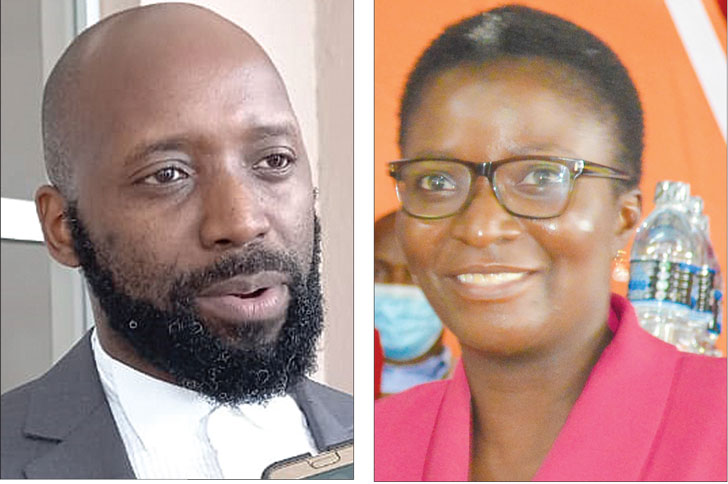
It also said Kayuni and Attorney General (AG) Thabo Chakaka Nyirenda testified that they had challenges how Chizuma was handling confidential information and exposing it to third parties as well as lack of collaboration from her office on some cases.
“The commission’s view is that the leaked audio creates the impression that the DG of ACB does not trust anyone, including but not limited to the Judiciary, media, civil society, private and public officers in the fight against corruption,” reads the report.
The commission has recommended urgent action to be taken to restore dignity, integrity and trust of the offices that are involved in tackling corruption.
On Kayuni’s complaint, the commission said while he had a right to lodge a complaint to police, he was and is not entitled to bring a personal complaint based on issues pertaining to the Standing Order 245.
Reads the report: “In planning the arrest of the DG of ACB…the evidence before the commission reveals that the police used antecedent information on the violent public reaction when the police had previously invited the ACB DG for questioning on the leaked audio on 22nd April 2022.
“The commission finds that the show of force by the police was excessive considering the nature of the offence, the high public profile of the office held by the person to be arrested, the secured location of the residence of the DG of ACB, the time of the arrest and the distant location of the police post where she was taken to for custody.”
The commission also said it found that there was a presidential directive to release Chizuma unconditionally, which police did not comply with as she was told to report for bail on December 12 2022.
Minister of Justice and Constitutional Affairs Titus Mvalo announced in Parliament last December that Chizuma was discharged unconditionally and that her charges were withdrawn. However, Chizuma’s lawyers demanded formal written communication.
Police, on the other hand, said the ACB boss was released on police bail pending formal charging in court.
Police’s action attracted a backlash, with many questioning why they decided to arrest a woman in her pyjamas at dawn and drove her about 50 kilometres out of town to Namitete Police Station.
The President instituted the commission of inquiry on December 10 last year to establish facts surrounding the arrest and make recommendations for the advancement of the commitment to the fight against corruption.
However, in its report, the commission also commented on the use of bilateral agreements between the graft-busting agency and foreign agencies and recommended that Malawi Government should be a party. The recommendations comes against a background of a pending case in the Malawi Supreme Court of Appeal on whether ACB can use evidence gathered by Britain’s National Crimes Agency.
The President had instructed the commission to come up with the report within 14 working days which ended on December 30 2022


